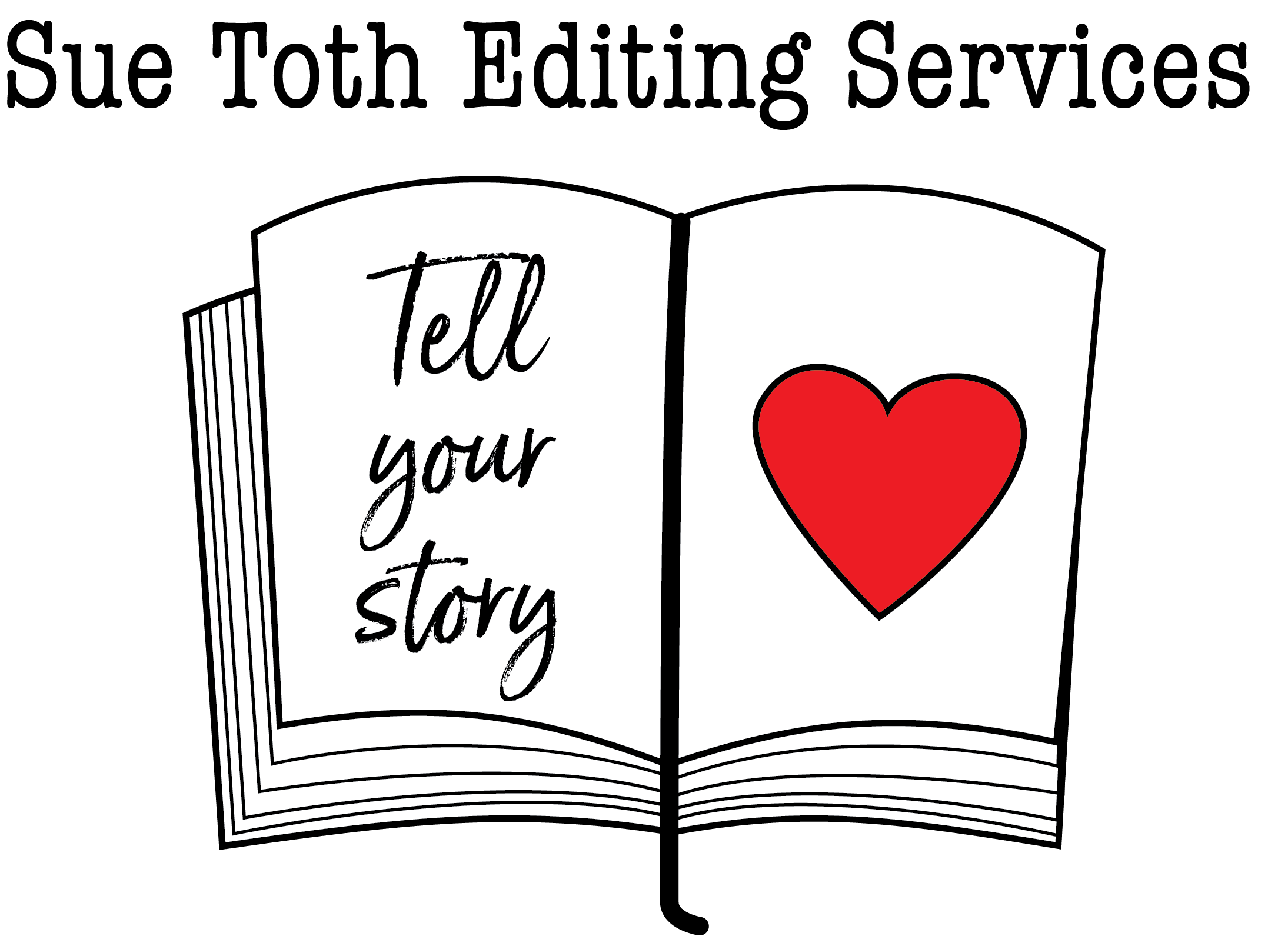Six Tips to Help You Find an Editor
You’ve worked and slaved and worried about everything from word count to character development to a compelling plot to a great ending. Now your book is done (you think), and the next step is editing. How do you find the right editor? There are so many out there, and it’s so hard to choose. Here are some tips for finding the right editor to work with you and your manuscript.
- Know what you’re looking for. Do you want help with the overall structure of the book? Do you want to make sure the plot is well developed and the characters are believable? Then you want a developmental editor. What about fact checking and consistency? Then you’re looking for a copy editor. If you want to make sure that all the words are spelled correctly and the commas are in the right places, then you need a proofreader. You’ll save yourself a lot of time looking if you know exactly what you’re looking for.
- Search out someone who is experienced in the genre you’ve written. If you’ve just finished a romance novel, you don’t want someone who has only worked with mysteries. There are differences in the ways that plots should be developed for the two, and you want someone with related experience to what you’ve written. Similarly, if you’ve written nonfiction, you’ll want to find someone with that type of experience. You don’t need to worry about a plot twist when you’re writing about building a business empire.
- Look in the right place. You probably won’t have much success if you type editor into Google. But if you type in something like editors’ associations, or finding an editor, you’re more likely to come up with some good leads, like the Editorial Freelancers’ Association or the American Copy Editors’ Society. Searching these or similar databases will get you more qualified leads in less time.
- Test an editor out before committing. Many editors offer free or very low-cost sample edits. Take them up on it. You will be able to get a sense of how the editor works, what he or she will look for in your work, and whether you feel comfortable working with this person. But don’t take advantage of this. Many editors have a word count limit of what they will work on for free. If they limit it to 1000, and you go over by 100 words, that’s not a big deal. But if they say they will do 1000 and you send 5000, don’t expect a very kind response.
- Interview potential editors. Ask pertinent questions like how much the edit will cost, how long it will likely take, and what is the editor’s preferred method of communication. If you want phone conversations and the editor works mostly via email, a productive relationship isn’t likely.
- Be open-minded to an editor’s suggestions. It’s not easy to accept criticism, especially about something you’ve worked on for so long. But you’re paying an editor to help you make your work better. You want someone who will tell you the work is off to a great start and then tell you what it will take to make it shine.

Great post, Sue. Very good suggestions.